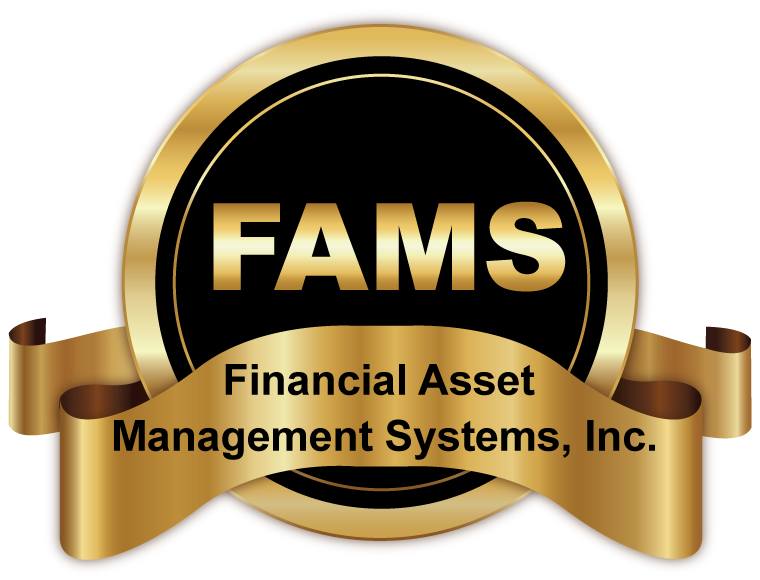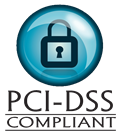To default means that you did not make the scheduled payments on your student loan according to the terms of the promissory note, the binding legal document you signed at the time you took out your loan.
back to top
Your loan becomes delinquent the first day after you miss a payment. The delinquency will continue until all payments are made to bring your loan current. Loan servicers report all delinquencies of at least 90 days to the three major credit bureaus. A negative credit rating may make it difficult for you to borrow money to buy a car or a house (you will be charged much higher interest rates). You also may have trouble
- signing up for utilities
- getting home owner's insurance
- getting a cellphone plan
- getting approval to rent an apartment (credit checks usually are required for renters).
It is important to begin repaying as soon as you receive a bill. Keep track of your student loan and learn how to manage your loan repayments.
back to top
If you have defaulted on any of your federal student loans, take the following steps:
- Contact FAMS.
- Always stay in touch with your lender, loan servicer, or FAMS.
back to top
The U.S. Treasury has the authorization to take your tax refund when you owe money to the federal government including taxes, student loans, etc. One of the
consequences of default is that your federal and state taxes may be withheld through a tax offset.
back to top
FAMS does not have the ability to take your tax refund. The U.S. Department of Education authorizes the U.S. Treasury to take your tax refund. This is known as a "tax offset." If you
complete a
Student Loan Debt Rehabilitation, or
pay your balance in full, your refund will no longer be taken.
back to top
FAMS does not have the authorization or ability to garnish your wages for student loan debt. The Department of Education can enact an Administrative Wage Garnishment without a hearing for student loans that are in default status. FAMS will work with you to arrange a
Student Loan Debt Rehabilitation or
pay your balance in full. If you
complete the Rehabilitation program or pay your balance in full, the garnishment for the loan you have resolved will cease.
back to top
You can restore your eligibility, assuming it has not been permanently lost. You have several options:
- Repay or satisfy all loans in full.
- Consolidate your loan through loan the consolidation program.
- Rehabilitate your loan through loan the rehabilitation program.
- Make six agreed-upon monthly payments over a six month period, and send a letter requesting reinstatement of Title IV eligibility. Your payment amount must be approved by the holder of the loan (U.S. Department of Education or your Guaranty Agency).
- Every qualifying payment must be made in a timely manner, and
- You cannot make all six payments as a single lump sum payment.
After you've made six consecutive monthly payments and your eligibility has been restored, you must continue to make timely monthly payments to maintain your eligibility or else it will be permanently lost until the debt is resolved entirely.
NOTE: You may qualify using this option only once.
Defaulted student loans have no statute of limitations for enforceability so unless you complete one of the options mentioned above, you will remain ineligible for additional federal financial aid.
back to top
The consequences of default can be severe:
- The entire unpaid balance of your loan and any interest is immediately due and payable.
- You lose eligibility for deferment and forbearance.
- You lose eligibility for additional federal student aid.
- Your loan account is assigned to a collection agency.
- The loan will be reported as delinquent to credit bureaus, which may affect your ability to buy a car or house or to get a credit card.
- Your federal and state taxes may be withheld through a tax offset. This means that the Internal Revenue Service can take your federal and state tax refund to collect any of your defaulted student loan debt.
- Your student loan debt will increase because of the late fees, additional interest, court costs, collection fees, attorney's fees, and any other costs associated with the collection process.
- Your employer (at the request of the federal government) can withhold money from your pay and send the money to the government. This process is called wage garnishment.
- The loan holder can take legal action against you, and you may not be able to purchase or sell assets such as real estate.
- Federal employees face the possibility of having 15% of their disposable pay offset by their employer toward repayment of their loan through Federal Salary Offset.
- It may take years to reestablish your credit and recover from default.
back to top
If you believe your loan has been placed in default by mistake, you may be able to correct the error. Here's what you should do if one of the following is true.
IF: You've been attending school on at least a half-time basis.
THEN: Contact your school's registrar to get a record of all your dates of at least half-time attendance. Contact each school you have attended since you received your loan so your documentation is complete. Ask your loan servicer for the last date of attendance they have on file for you. If they have the incorrect date for your last date of attendance, provide your loan servicer with a copy of your documentation showing the correct date.
IF: You have a deferment or forbearance.
THEN: Ask your loan servicer to confirm the start and end dates of any deferments and forbearances that have been applied to your loan account. If the loan servicer has incorrect information, provide documentation with correct information.
IF: You believe you've made payments that weren't credited to your account.
THEN: Ask your loan servicer for a statement that shows all payments made on your student loan account. If payments you made are not listed, provide proof of payment to your loan servicer and request that the information in your account be corrected.












